Whether you are on a low-carb diet because of a medical condition, like diabetes, or just trying to lose weight, eating low-carb fruit is good for you. Plus, eating nutrient-rich fruit is essential for consuming enough vitamins and minerals.
Fresh fruits are generally low in fat and calories, but they contain varying amounts of carbohydrates and sugars. For people trying to manage their intake, carb content is helpful to know. In this article, here’s our list of the best low-carb fruits to incorporate into your healthy low-carb eating plan.
1. Watermelon
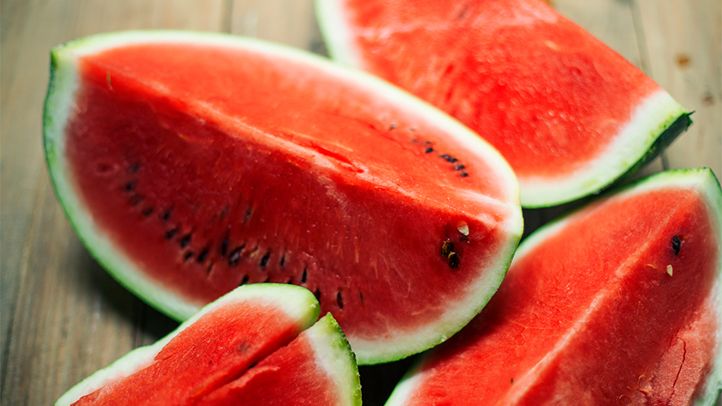
This summer fruit has the lowest carbohydrate content, with only 7.55g per 100g of fruit. It’s low in fiber, so most of this carbohydrate is absorbed. Watermelon is also high in vitamin A and has a high water content, which will fill you up while providing fewer calories.
2. Cantaloupe
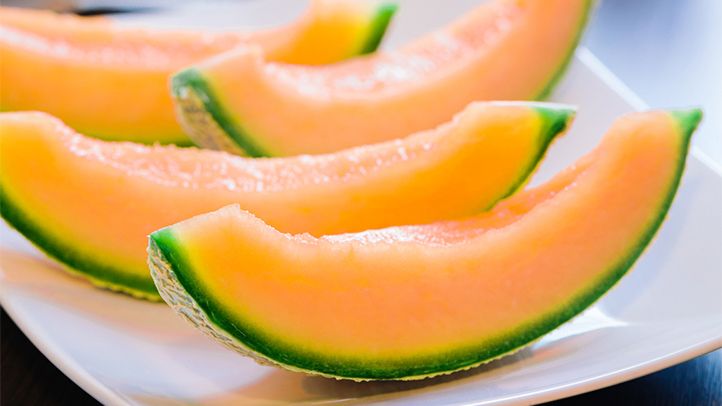
This popular orange melon is great on a hot summer day and contains only 8.16g of carbohydrates and 0.9g of fiber per 100g of fruit, netting only 7.26g of carbohydrates. Melons are also considered to be low-fructose fruits.
3. Honeydew
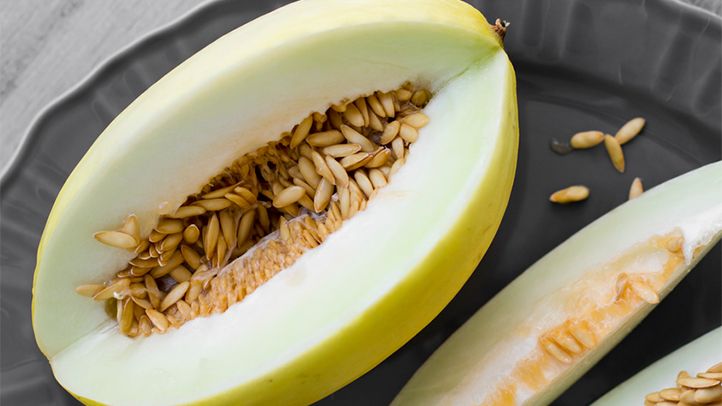
Honeydew, another melon, comes in at 9.09g of carbohydrates and 0.8g of fiber for every 100g, netting 8.29g of carbohydrates, and like cantaloupe, it contains antioxidants to help protect against cell damage. It’s also an excellent source of vitamin C as well as potassium, an electrolyte you need to maintain good blood pressure, pH balance, and a healthy metabolism.
4. Berries
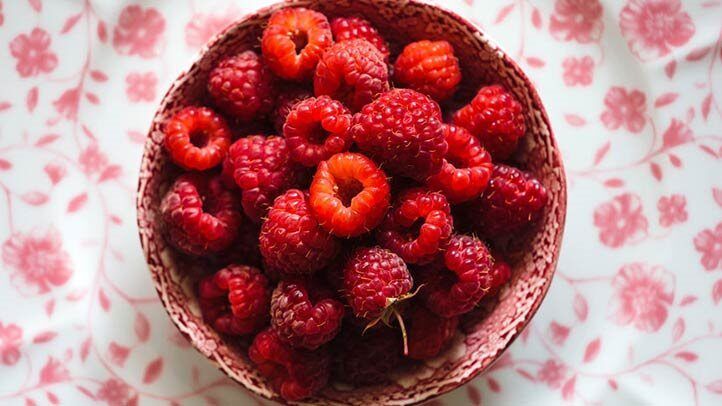
Berries are a popular choice for people watching their carb intake. Strawberries have the fewest carbs of all types of berries, while blackberries have the fewest net carbs.
For each 100g of strawberries, you’ll get 7.68g of carbohydrates and 2g of fiber, yielding a net of 5.68g of carbohydrates.
For each 100g of blackberries, you’ll get 9.61g of carbohydrates, but 5.3g of fiber, netting only 4.31 g.
Raspberries are also an excellent choice, as they net only 5.44g of carbohydrates per 100g serving. They’re also an excellent source of antioxidants, potassium, and vitamin C among many other nutrients. And they contain phytochemicals, which are compounds that may prevent certain chronic diseases.
5. Avocados

Avocados are fruits with a relatively low carbohydrate content. For every 100g of avocado, a person gets an estimated 8.53g of carbohydrates. Avocados are also a good source of monounsaturated fats. These may have protective effects on the heart and blood vessels.
6. Tomatoes

Some people group tomatoes with vegetables, but a tomato is actually a fruit. A cup of cherry tomatoes contains fewer than 30 calories and has around 4g of net carbs. Their lower calorie count is due to their high water content, research shows that tomatoes also contain many antioxidants, including beta carotene, vitamin C, and lycopene. The study found that lycopene, a plant-based pigment, has anti-cancer properties and also may help prevent heart disease.
7. Star Fruit
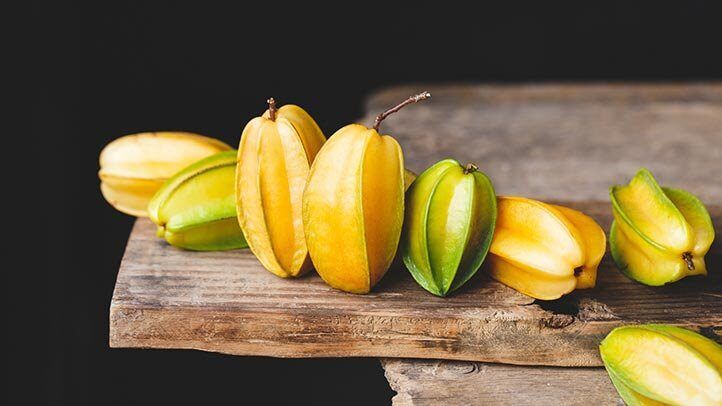
Star fruit, It’s named for the shape it resembles when sliced and has a sweet and sour taste. And it’s worth a try if you’re on keto and want to add some variety to your diet. A cup of cubed star fruit contains about 5g of net carbohydrates, with nearly 4g of fiber. It’s also low in calories (around 40 per cup) and contains potassium and vitamin C.
8. Lemons
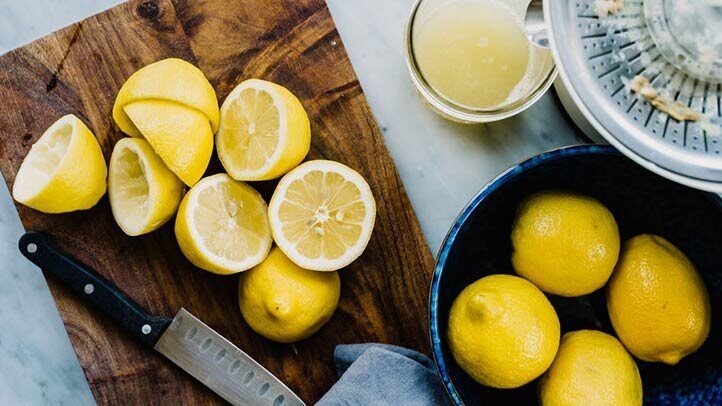
This sunny citrus fruit and its juice are also keto-friendly, so add a wedge or squeeze to your ice water. The juice from one lemon has 3g of carbohydrates, and only around 11 calories. Yet you’ll still get a dose of immune-boosting vitamin C, an antioxidant that fights free radicals (compounds associated with aging and chronic illness) and promotes healthy digestion.
9. Cherries

½ cup of cherries has about 9g of net carbs, along with 7mg of vitamin C (7.7 percent of DV), which is an antioxidant.
Cherries are a source of antioxidants, which help protect against cell damage, and tart cherries are a source of melatonin, which may aid with sleep. The research found that tart cherry juice was able to increase sleep time by 84 minutes in subjects with insomnia.
10. Peaches

A sweet and juicy treat, peaches surprisingly don’t have too many carbohydrates. For every 100g of fruit, you’ll get 9.54g of carbs and 1.5g of fiber, netting only 8.04g of carbohydrates. For a low-carb snack, serve them up with some cottage cheese.
11. Kiwi

One kiwi with the skin on (for additional fiber) has 8g of net carbs, 215mg of potassium, 24mg of calcium, and 64 mg of vitamin C.
According to a past study, the antioxidants in kiwi may help support immune function, which can help lower the risk of the cold and flu. They’re great raw or even blended into a smoothie or homemade Popsicle.
12. Olives
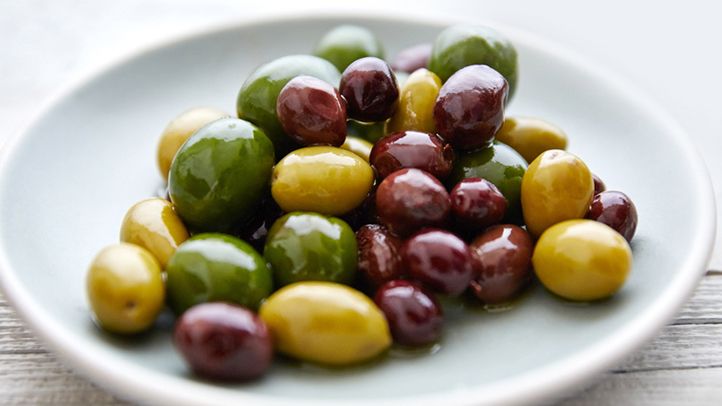
A cup of whole olives contains 4.5g of net carbs, 1.9g of fatty acids, about 4.9mg of iron (about 27 percent of the DV), and 2.4 mg of vitamin E (about 16 percent of the DV).
They’re a source of unsaturated fats, as well as iron and vitamin E. Healthier unsaturated fats, meaning monounsaturated and polyunsaturated fatty acids, can promote heart health and lower the risk of type 2 diabetes when they replace saturated fat.




